By Dr.Manvir Bhatia & Saunri
What is a stroke?
A stroke occurs when the blood supply to the brain is impaired. The lack of blood supply deprives the brain of oxygen and nutrients and leads to the deaths of neurons, resulting in a loss of function, of the region of the brain, controlled by these neurons. If not treated immediately, the damage caused by the stroke will be irreversible. It may lead to paralysis and even death. According to a study published in the Journal of Stroke in 2012, stroke affects about 119-145 out of every 100,000 people in India each year. To seek immediate treatment and to minimize the effects of stroke, it is important to immediately recognize the symptoms of stroke and make lifestyle changes to reduce the risk of stroke.
Symptoms of Stroke
Depending on which region of the brain is affected, the symptoms of stroke can differ, but the most common symptoms include “Instant and sudden changes” such as:
-Sudden weakness in the arms, legs, or drooping of the face, especially on one side, depending on which side of the brain has experienced the lack of blood supply.
– Sudden blurriness or loss of vision in one or both eyes
-Sudden difficulty in speaking or understanding speech
-Sudden dizziness, confusion, and difficulty in staying straight or walking
Family or friends of the individual afflicted with the stroke should immediately rush him/her to the hospital.
Causes of stroke
There are two most common types of stroke:
Around 80-85 percent of strokes are Ischemic strokes. In an ischemic stroke, the artery that supplies blood to the brain gets blocked. This happens as the blood vessels become narrow due to fat and cholesterol deposits forming plaques. This occurs in those suffering from atherosclerosis.
Around 15-20 percent of strokes are Haemorrhagic strokes. Hemorrhagic stroke is caused when the artery that supplies blood to the brain ruptures or bursts. If the blood vessels are weak or malformed and if one suffers from high blood pressure it can lead to rupture of the blood vessels.
Transient ischemic stroke is caused when there is a temporary blockage of the artery. This type of stroke may not cause permanent damage, but it is difficult to recognize the symptoms of stroke in this type of stroke.
Risk Factors
- Leading an unhealthy lifestyle puts one at a higher risk of suffering from a stroke. Several papers, including a paper published in Stroke in 2012 point out that being overweight, obese, leading a sedentary lifestyle with not enough exercise, and indulging in heavy drinking, smoking increase the risk of suffering from ischemic stroke tremendously.
- People suffering from high blood pressure and heart patients under blood thinner medications have a higher risk of suffering from hemorrhagic stroke.
- Pre-existing medical conditions such as diabetes, high blood pressure, obstructive sleep apnea also put one at a higher risk of stroke.
- Most recently it has been reported in the Translational Stroke Journal that COVID-19 infection can also trigger stroke.
Conclusion: Immediate recognition of symptoms and fast action can help to minimize the damage caused by stroke. Prevention is better than cure and leading a healthy lifestyle can greatly reduce the risk of developing a stroke.
To seek help or know more about stroke, its symptoms, and treatment, you can visit the Neurology and Sleep Centre, the 1st sleep centre in the country accredited by the Indian Board of Sleep Medicine at L-23, Hauz Khas Enclave, New Delhi, Delhi-110016 (INDIA)
Or give a call on +91-11-46070321, +91-9643500270,
Or write toinfo@neurologysleepcentre.com

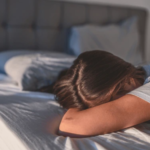


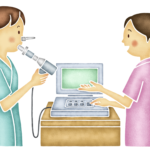
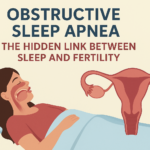
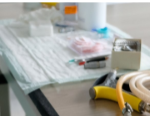


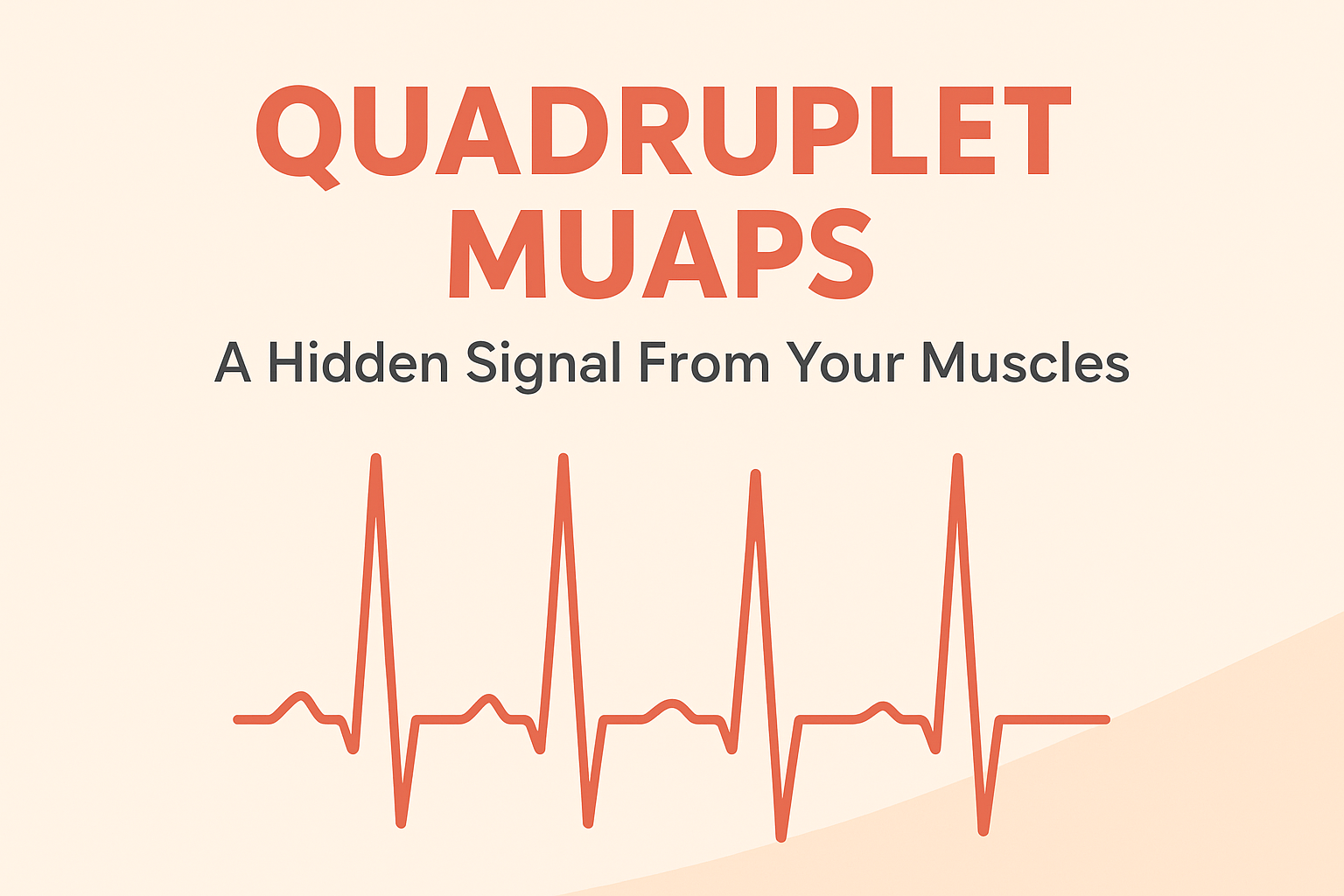
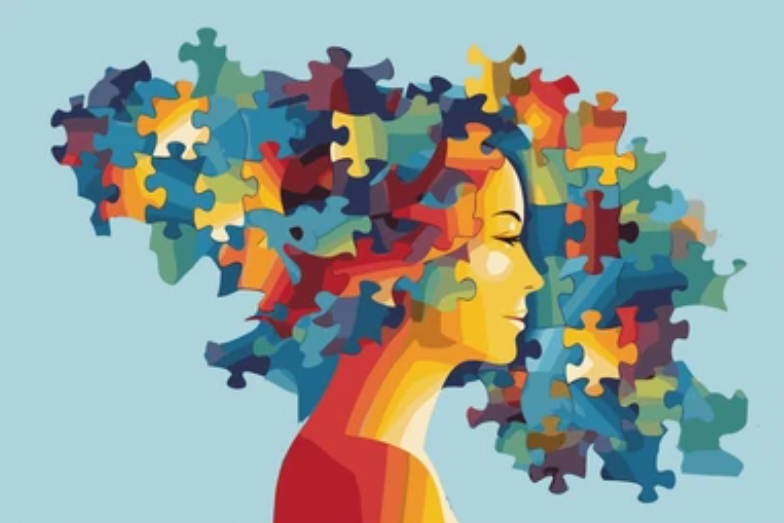
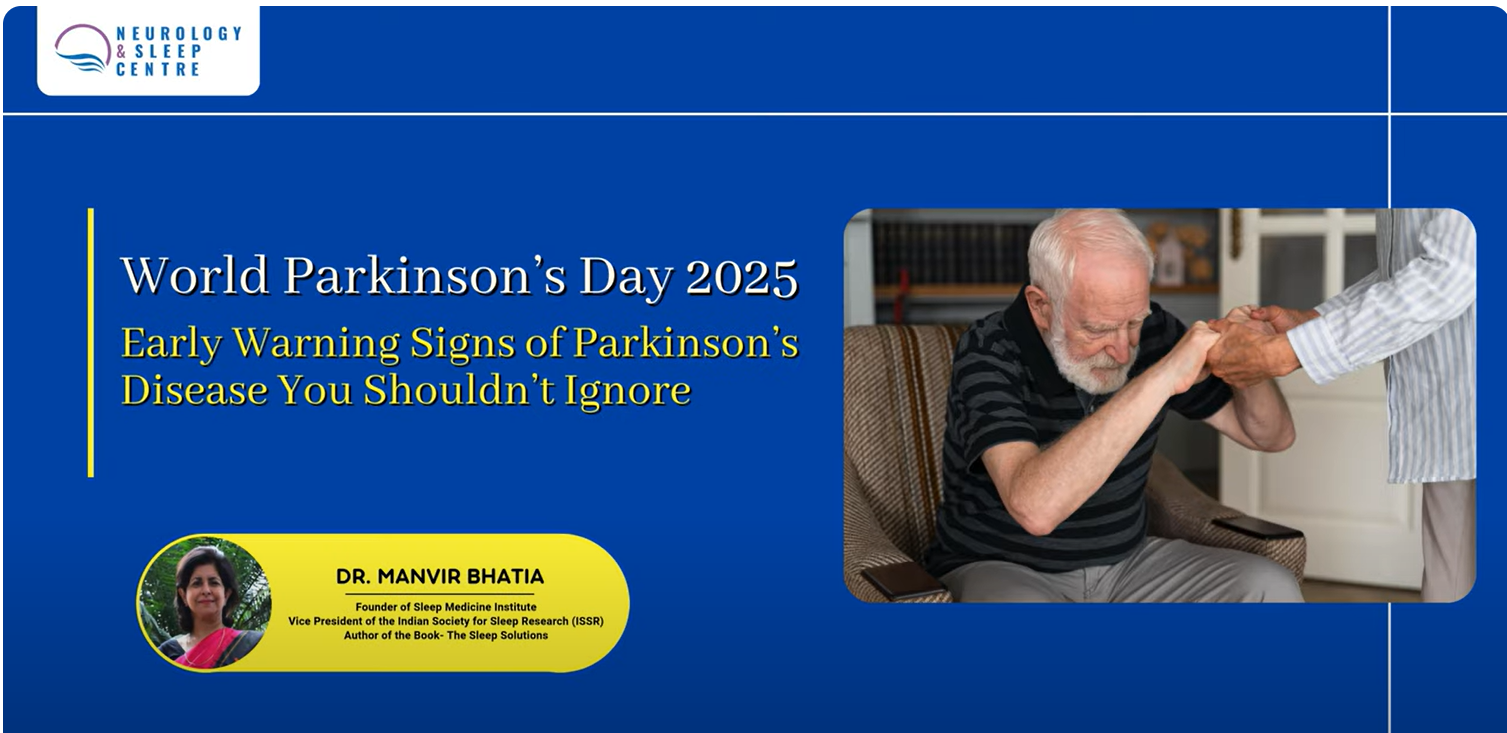
Thanks for explaining the things in a detailed way.